Holy basil, also known as Tulsi, is a sacred plant in India and has been used for thousands of years for its medicinal and spiritual properties. It belongs to the family of Lamiaceae and is native to India, Southeast Asia, and Africa. Holy basil has a unique aroma and flavor and is commonly used in cooking, religious rituals, and Ayurvedic medicine.
In this article, we will explore the history, benefits, and uses of holy basil.
History of Holy Basil:
The use of holy basil dates back to ancient India, where it was considered a sacred plant and worshipped as a goddess. In Hindu mythology, it is believed that Tulsi is an incarnation of the goddess Lakshmi, who brings wealth and prosperity. The plant is also associated with Lord Vishnu, one of the most important gods in Hinduism. The plant is considered auspicious and is grown in many households and temples in India.
Holy basil has been used for its medicinal properties for thousands of years in Ayurveda, an ancient Indian system of medicine. It is known as an adaptogen, which means it helps the body adapt to stress and has a calming effect on the nervous system. It is also believed to have anti-inflammatory, antifungal, antibacterial, and antioxidant properties.
Benefits of Holy Basil:
- Reduces Stress and Anxiety: Holy basil has been shown to have a calming effect on the nervous system and can help reduce stress and anxiety. It is believed to regulate cortisol levels, which is the hormone responsible for stress.
- Boosts Immune System: Holy basil is rich in antioxidants and has anti-inflammatory properties, which can help boost the immune system and protect against diseases.
- Improves Respiratory Health: Holy basil has been used for thousands of years to treat respiratory ailments such as asthma, bronchitis, and colds. It is believed to have antitussive and expectorant properties, which can help relieve coughs and congestion.
- Reduces Inflammation: Holy basil is a natural anti-inflammatory and can help reduce inflammation in the body. It is believed to be effective in reducing joint pain and stiffness in conditions such as rheumatoid arthritis.
- Improves Digestive Health: Holy basil can help improve digestion and relieve digestive problems such as bloating, constipation, and indigestion. It is believed to have carminative and digestive properties that can help soothe the digestive system.
Uses of Holy Basil:
- Ayurvedic Medicine: Holy basil is an important herb in Ayurvedic medicine and is used to treat a variety of ailments such as respiratory problems, digestive issues, and skin disorders.
- Culinary Uses: Holy basil is commonly used in Indian cuisine and is a key ingredient in dishes such as curries, soups, and stir-fries. It has a unique aroma and flavor and is believed to enhance the taste of food.
- Religious Rituals: Holy basil is considered a sacred plant in Hinduism and is used in religious rituals and ceremonies. It is believed to purify the surroundings and ward off negative energy.
- Skincare: Holy basil is believed to have antibacterial and anti-inflammatory properties and can help treat skin conditions such as acne, eczema, and psoriasis. It is commonly used in skincare products such as creams and lotions.
- Aromatherapy: Holy basil has a unique aroma and is commonly used in aromatherapy. It is believed to have a calming effect on the mind and can help reduce stress and anxiety.
How to Use Holy Basil?
There are various ways to use holy basil, and the method of use depends on the intended purpose. Here are some common ways to use holy basil:
- Fresh Leaves: The fresh leaves of holy basil can be used in cooking, salads, or made into tea. Simply pick a few leaves, wash them thoroughly, and add them to your desired dish.
- Dried Leaves: Dried holy basil leaves can be used to make tea or added to soups and stews for flavor. To make tea, add one teaspoon of dried holy basil leaves to a cup of hot water and steep for 5-10 minutes. Strain the leaves and enjoy.
- Holy Basil Supplements: Holy basil supplements are available in various forms such as capsules, tablets, and tinctures. These supplements can be taken as directed by the manufacturer or a healthcare practitioner.
- Essential Oil: Holy basil essential oil can be used in aromatherapy or added to carrier oils for topical use. To use in aromatherapy, add a few drops of holy basil essential oil to a diffuser or inhale the aroma directly from the bottle. To use topically, mix a few drops of holy basil essential oil with a carrier oil such as coconut oil and apply to the skin.
- Skincare Products: Holy basil is used in skincare products such as creams, lotions, and face masks. These products can be applied topically to the skin to help treat acne, eczema, and other skin conditions.
It is important to note that while holy basil is generally safe for consumption, it may interact with certain medications or have side effects in some individuals. It is recommended to consult with a healthcare practitioner before using holy basil supplements or essential oils.
Conclusion:
Holy basil is a sacred plant in India and has been used for thousands of years for its medicinal and spiritual properties. It is known for its ability to reduce stress and anxiety, boost the immune system, improve respiratory health, and reduce inflammation. It can be used fresh, or dried and is available as a a supplement and an essential oil. Experiment with it to find what works the best for you
Tulsi Chai Recipe
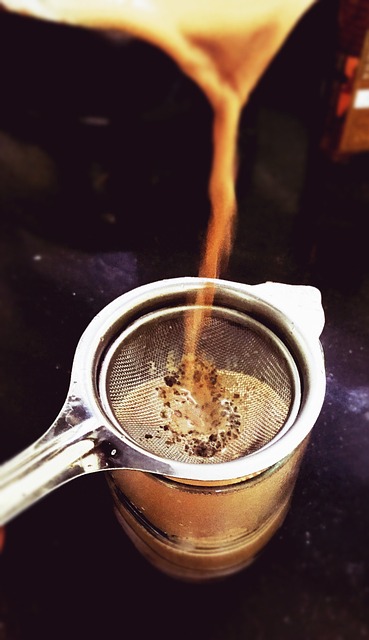
Image by tookapic from Pixabay
Featured Image:
Image by vaishali Mahiras from Pixabay
Here’s a simple recipe for a one-cup chai with holy basil:
Ingredients:
- 1 cup water
- 1/2 cup milk (dairy or non-dairy)
- 1 tea bag of black tea or 1 tablespoon of loose black tea leaves
- 2-3 fresh holy basil leaves, chopped
- 1/2 inch piece of fresh ginger, grated
- 1/4 teaspoon ground cardamom
- 1 teaspoon honey (or to taste)
Instructions:
- In a small saucepan, bring water to a boil.
- Add the tea bag or loose tea leaves, grated ginger, cardamom, and half of chopped holy basil to the boiling water.
- Lower the heat and let the mixture simmer for 2-3 minutes.
- Add the milk and the rest of the holy basil leaves.
- Continue to simmer for another 2-3 minutes, stirring occasionally.
- Remove from heat and stir in the honey.
- Strain the mixture and pour into a cup. Enjoy!
Note: Adjust the amount of honey and holy basil leaves according to your taste preference. You can also add other spices like cinnamon, cloves, nutmeg or black pepper for a unique flavor.
Herbal Remedies
-

5 Quick Herbal Remedies for Bloating Cure
Bloating is a common digestive discomfort that can be caused by various factors, including diet, stress, and digestive issues. Herbal remedies have been used for centuries to address digestive problems, including bloating. In this article, we will explore five effective herbs for bloating relief, along with instructions on how to consume them and the scientific…
-

Herbal Remedies for Fatigue: Natural Ways to Recharge Your Energy
-

Curb Sugar Cravings Quickly With These Herbal Teas
-

Try These Herbal Teas for A Stronger and Healthier Heart
-

Herbal Remedies for Acne – Unlock Nature for Clearer Skin
-

Why Herbal Teas and Which Are the Best for Wellness
-

Treat Bronchitis At Home With These Herbal Remedies

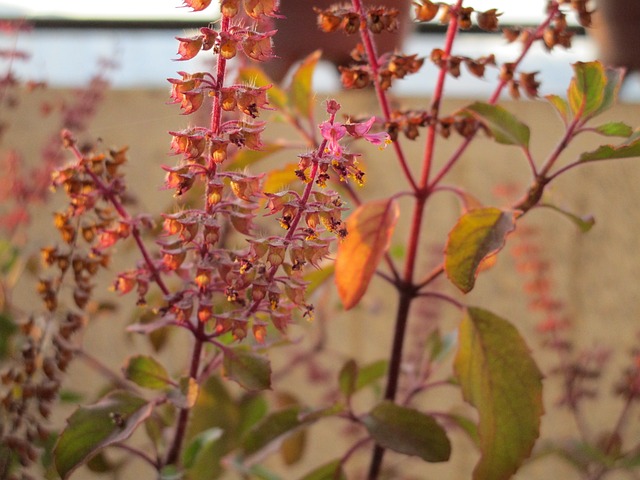
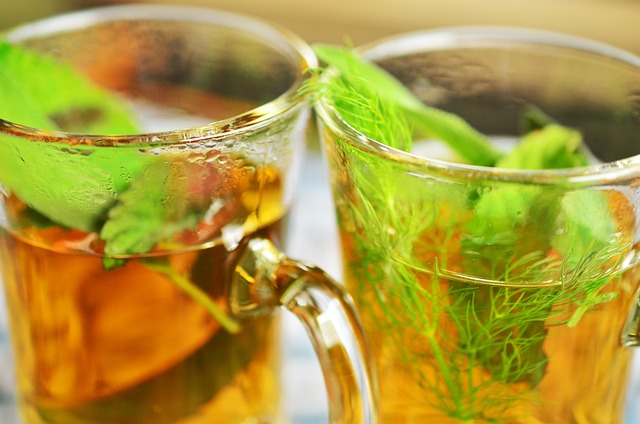

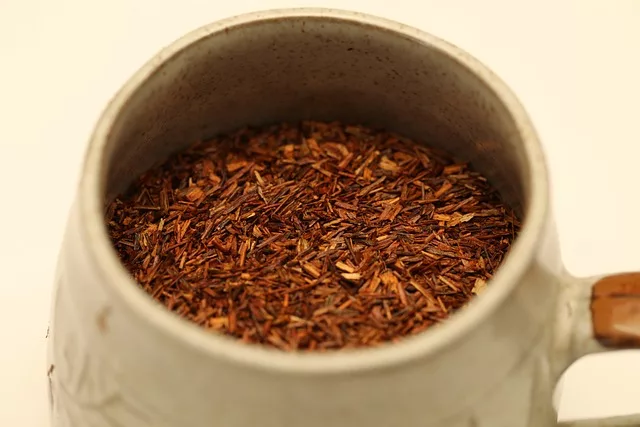

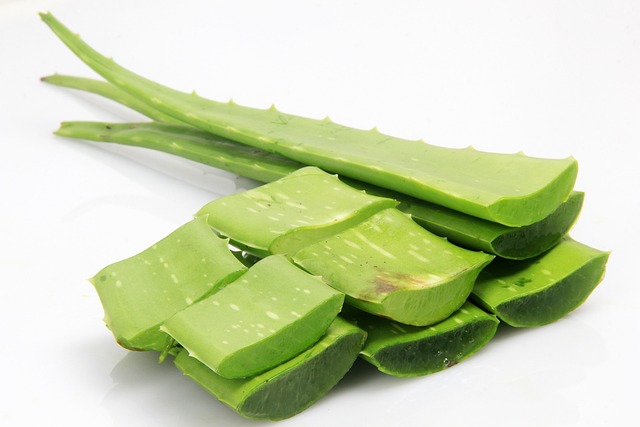
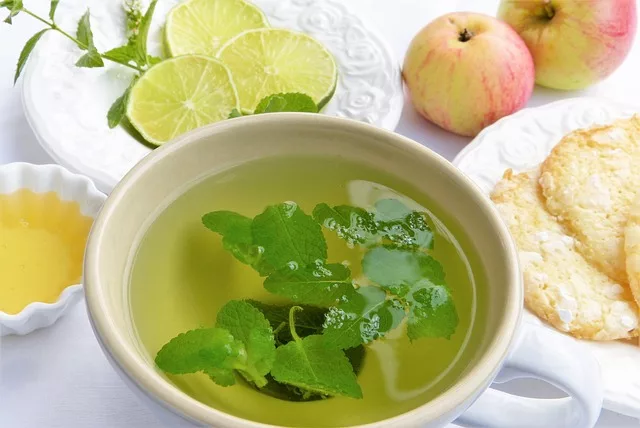
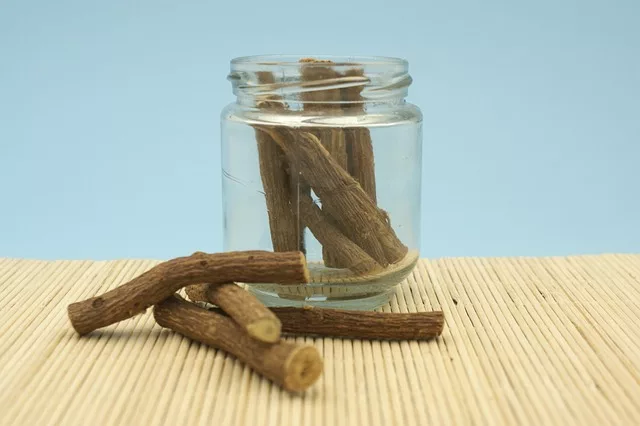
Leave a Reply